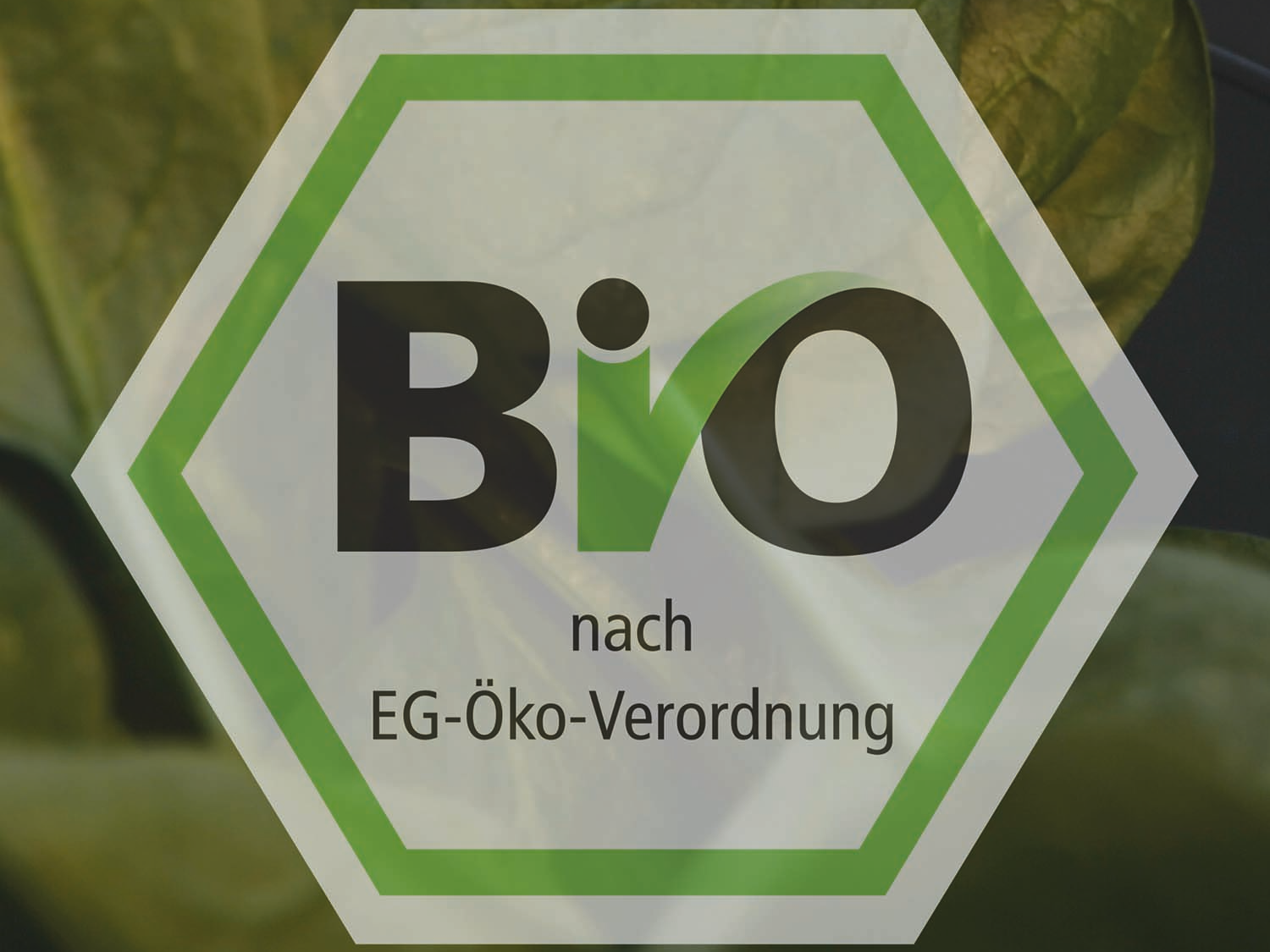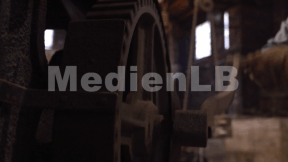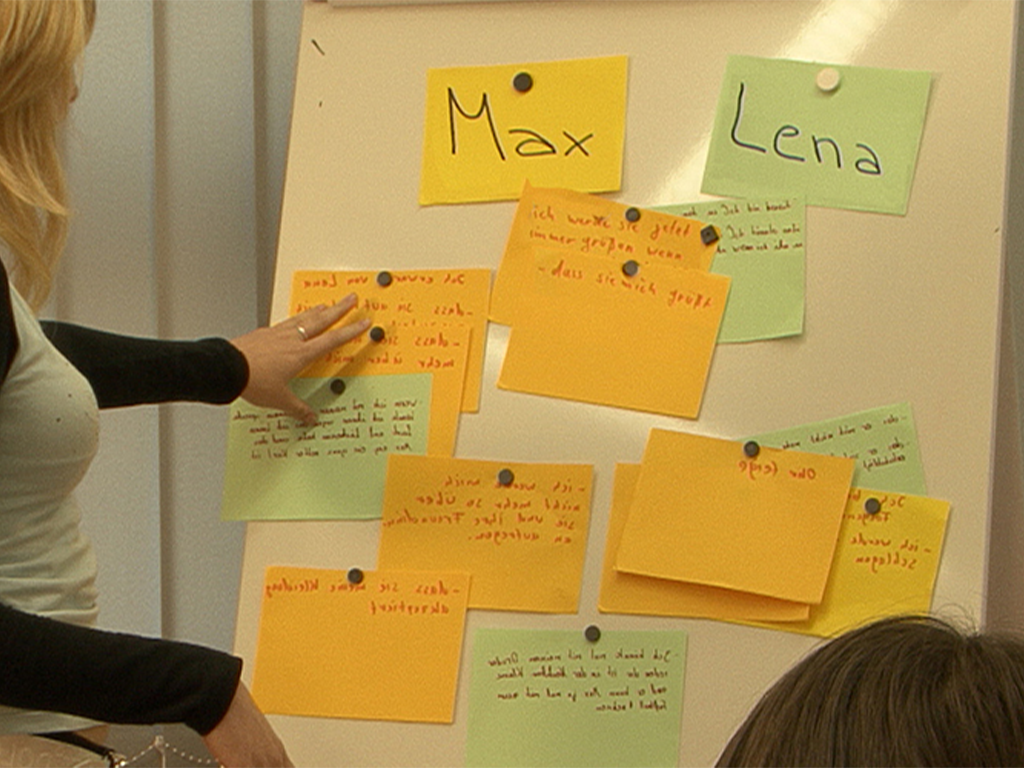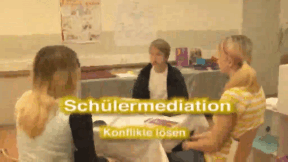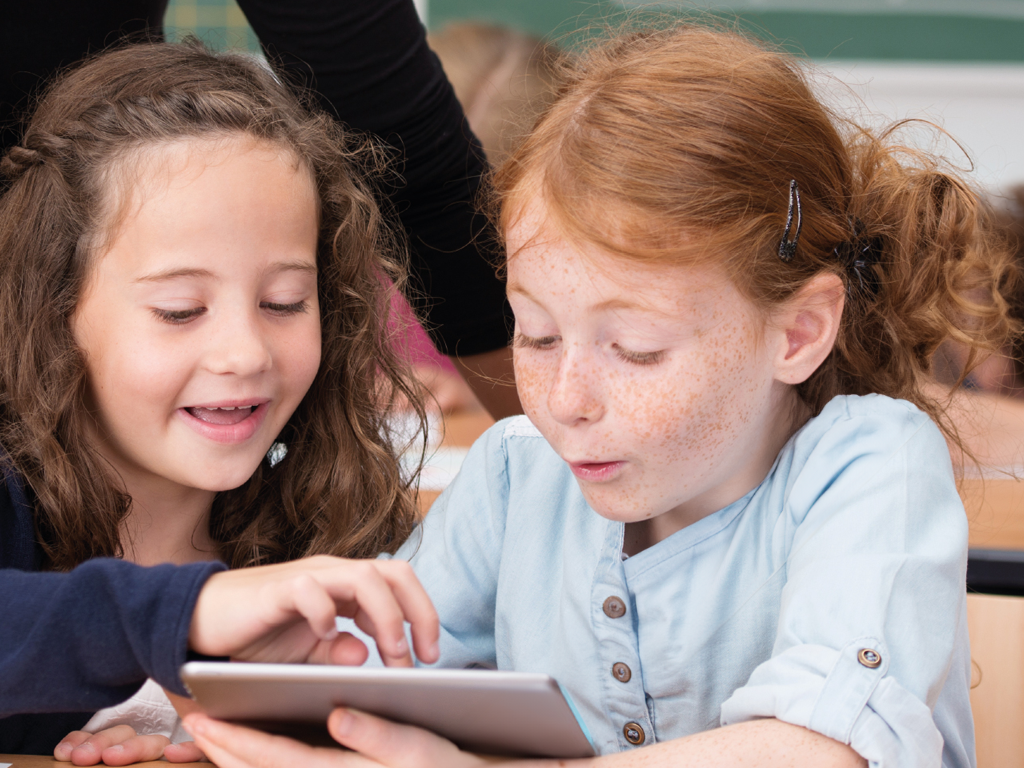 Chemistry
Chemistry
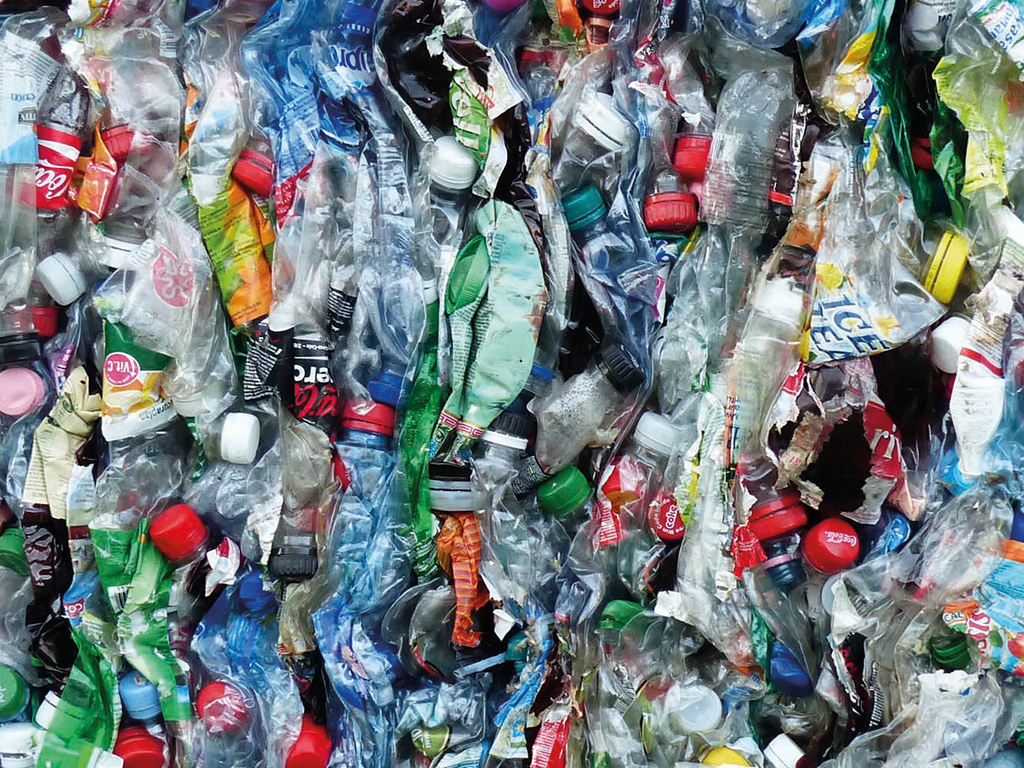
46500902 / 55500659
Plastic
Production, Use, Recycling
Plastic has been around for not longer than roughly 100 years, and the synthetic material is a brilliant invention. Its production is cheap, it can take almost any possible form, it is light-weight, versatile and, above all, inexpensive.
Original soundtrack Frank Thenhausen, Production Manager, Thenhausen Spritzgusstechnik + Werkzeugbau GmbH:
“We can no longer imagine a life without synthetics. We are affected by them in all areas. It starts with packaging, technical parts in car and plane manufacture. One would like to produce it more cheaply than in the past. This results in a price war because synthetics are very much in demand. The article itself is a thermo-synthetic. I can reduce its size, I can recycle it and make new synthetic parts from it, which is almost unlimitably possible.“
Chemically, plastic materials are synthetic, i.e. artificial, compounds on a carbon basis. The term “plastic” is derived from the Latin word for “malleable”.
Plastics are also called synthetics because they do not occur in nature in their present form but are produced synthetically, however – as opposed to steel or glass – from organic substances.
The parent substance of plastic is petroleum, a purely natural product, because petroleum does not consist of anything else than tiny sea dwellers, which, after their death, were being chemically transformed under pressure over the course of millions of years. These are resources that took millions of years to form and that are not unlimited.
In refineries, the petroleum is separated into its various components, namely into small molecules, so-called monomers.
The monomers can be combined in any possible way by chemical linking in so-called synthesis processes. Large chain-shaped or net-shaped molecules, the polymers or primary plastics, are formed from the multiple small molecules.
The properties of primary plastics can be changed with colour particles or other chemical additives, e.g. softening or hardening agents.
Depending on the method applied and on the type of monomers used, different kinds of plastic are created.
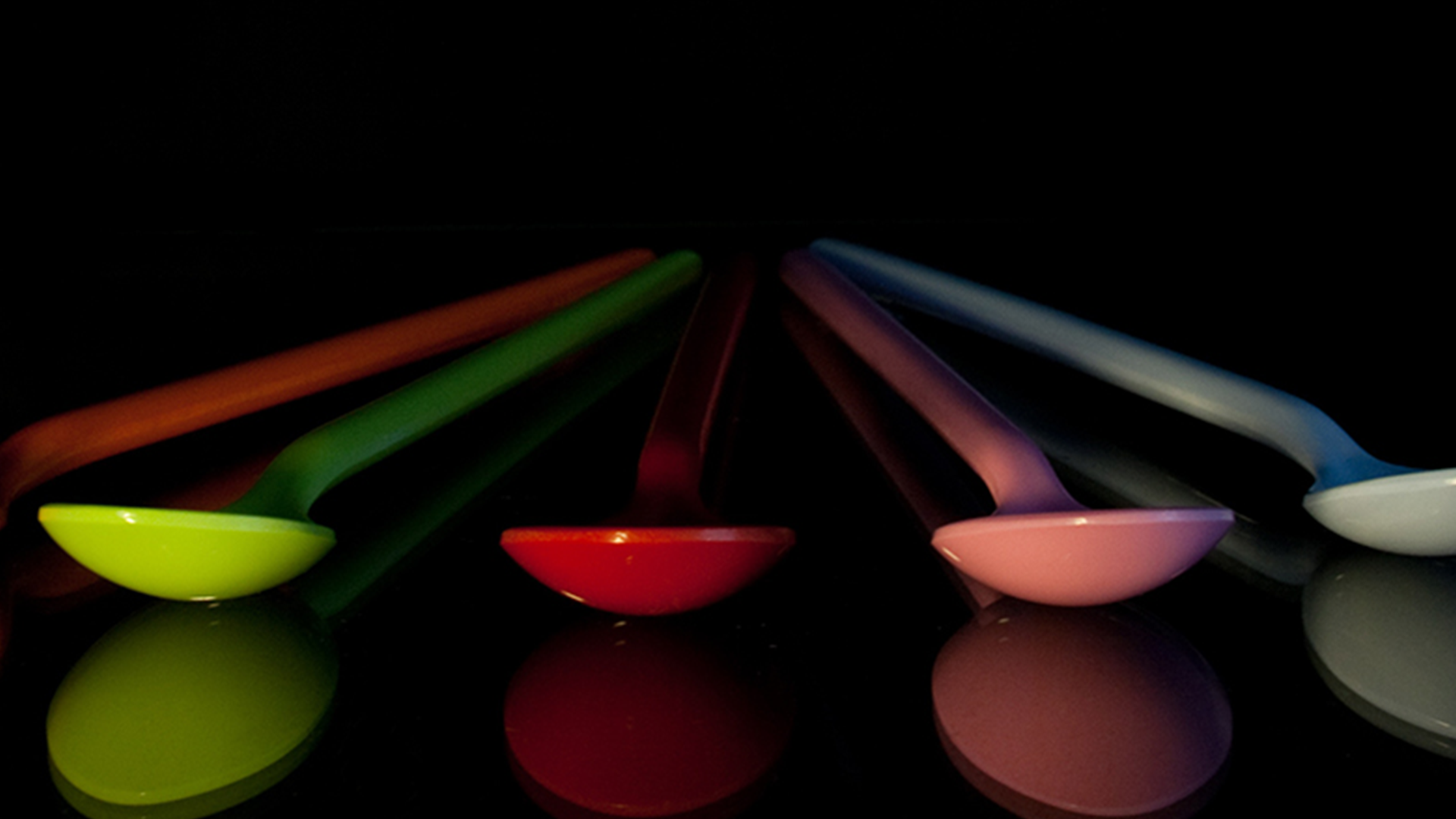
Curriculum-centred and oriented towards educational standards
Matching
Seal of approval
Quality seals such as the "Bio-Siegel", "Blauer Engel", "Stiftung Warentest" and up to 1,000 other seals represent characteristics such as sustainability, health or safety with regard to a product, a service or even a company.
Peer Mediation
Lena and Max attend the 7th form. Max is new in class. During a break, Max notices that Lena and her friend are laughing at him again. Max loses his temper! He slaps Lena in the face. That hurts and Lena runs back into the classroom with a red cheek. The growing conflict between the two has escalated. Just like Lena and Max, every day pupils all over Germany have rows with each other. At the Heinrich Hertz Gymnasium in Thuringia, pupils have been trained as mediators for years. At set hours, they are in a room made available by the school specifically for mediation purposes. The film describes the growing conflict between Max and Lena and shows a mediation using their example. In doing so, the terms “conflict” and “peer mediation” are explained in a non-technical way. The aims of peer mediation and its progress in five steps as well as the mediators’ tasks are illustrated. The art of asking questions and “mirroring”, which the mediators must know, is described and explained. Together with the comprehensive accompanying material, the DVD is a suitable medium to introduce peer mediation at your school, too.
Mobile Learning II
Oh, what’s that? Original soundtrack Thissen: “As our children grow up in a media world and naturally handle the media, they should also be a topic in school.“ An older child says the point is that they don’t just load down apps but create things themselves that haven’t existed so far. Hi, I’m Jana. A propeller hat. I’ll put it on. Now I’m no longer a simple rhino, but a flying rhino. Original soundtrack Thissen: “It’s exactly the great flexibility of tablets that promotes very personalised and adapted learning.” Original soundtrack Welzel: “It’s fascinating to see how the children grow with their products and how they always want to improve them.” The Westminster Abbey is a church in London for the royal family. Original soundtrack Welzel: “And?“ They think it is ok.




